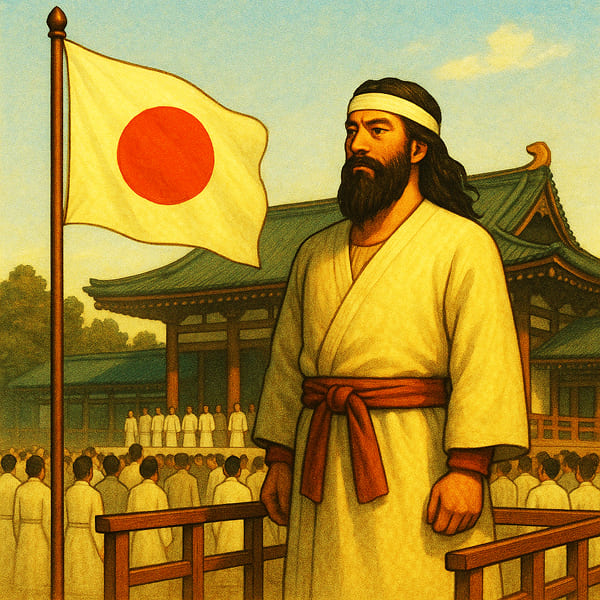National Foundation Day Japan: Celebrating the Birth of a Nation

Contents
What if your country’s origin wasn’t just recorded in history books, but rooted in ancient mythology—passed down for millennia through sacred chronicles and imperial traditions?
In Japan, National Foundation Day (Kenkoku Kinen no Hi, 建国記念の日), celebrated every February 11th, is more than a date on the calendar. It is a day that invites citizens to reflect on the mythical founding of Japan, the enthronement of Emperor Jimmu, and the enduring spirit of a nation shaped by tradition, unity, and cultural pride.
From quiet shrine visits to educational reflections, this holiday bridges Japan’s legendary past and its modern national identity, reminding all who celebrate it of the values and history that continue to shape the country today.
Why is February 11th National Foundation Day?
The origin of this holiday dates back to 660 BCE, as described in the ancient text Nihon Shoki (Chronicles of Japan). It is believed that Emperor Jimmu ascended the throne on the first day of the first lunar month. During the Meiji era, this was converted to the modern Gregorian calendar as February 11th.
In 1873, the day was first celebrated as Kigen Setsu, a national holiday. However, it was abolished in 1948 after World War II. Later, in 1966, the holiday was reintroduced as National Foundation Day, and has been celebrated every year since 1967.
How Do People Celebrate National Foundation Day in Japan?
While National Foundation Day in Japan is not marked by grand festivals, it remains a significant occasion for quiet reflection and patriotism.
Typical observances include:
- Ceremonial events at shrines, particularly Kashihara Shrine in Nara, which is believed to be the site associated with Emperor Jimmu.
- Flag-raising ceremonies and performances of the national anthem organized by local governments.
- Educational and cultural activities to promote awareness of Japan's history and foundation.
Some individuals and groups also take this opportunity to reflect critically on Japan’s national identity, expressing a range of personal and political perspectives.
The Meaning and Modern Significance
National Foundation Day serves several purposes:
- To commemorate the mythological founding of Japan.:
- To foster a sense of national unity and cultural pride.
- To encourage citizens to reflect on Japan’s past and future.
Whether through solemn rituals or quiet contemplation, this day continues to remind people of the importance of shared history, national identity, and hopes for peace and prosperity. In an age of rapid globalization, this quiet holiday offers a moment to reconnect with Japan’s spiritual roots and the timeless values that continue to guide its future.